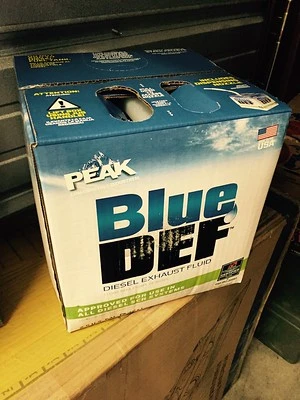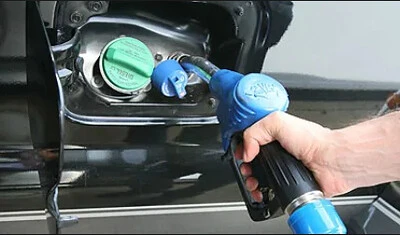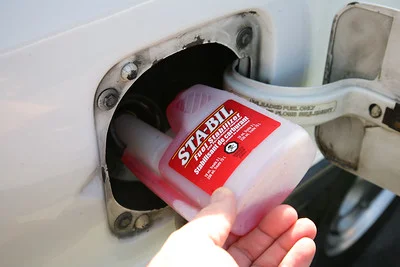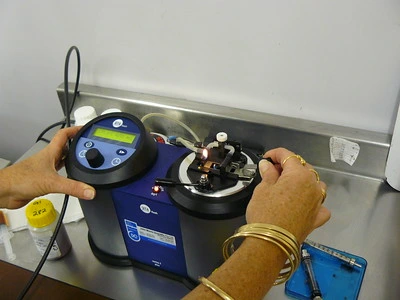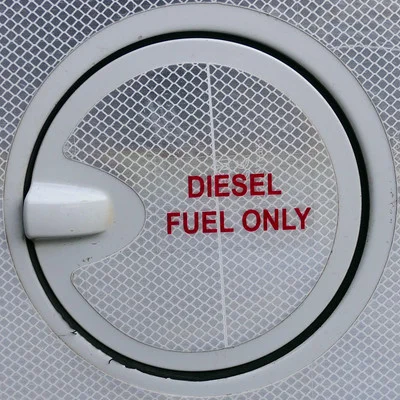Use of DEF As Fertilizer: Will It Make Grass Grow on Your Lawn
Using DEF (Diesel Exhaust Fluid) as a fertilizer is not advisable for several reasons, primarily due to its chemical composition and potential impact on soil and plant health. While DEF contains urea, a known nitrogen source for plants, its formulation is not suitable for use as a fertilizer. It is crucial to use products specifically […]
Use of DEF As Fertilizer: Will It Make Grass Grow on Your Lawn Read More »


